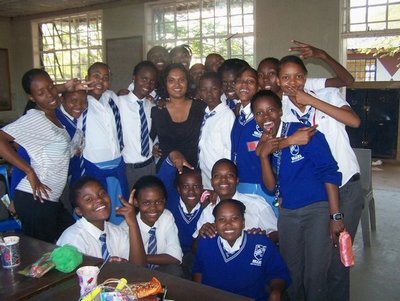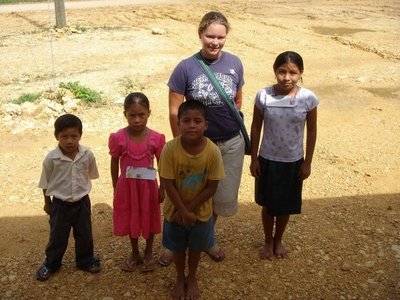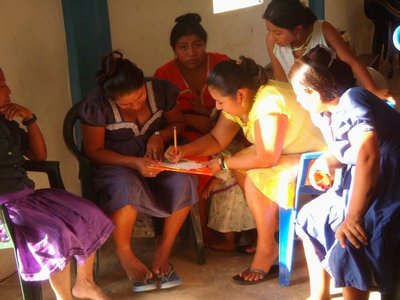January 22, 2009
UW continues to lead U.S. universities in contributing Peace Corps volunteers
UW graduate students Shella Biallas and Chami Arachchi found multiple reasons to join the Peace Corps. Apparently, too, there are multiple reasons why, for the last three years, the UW has led U.S. universities in producing Peace Corps volunteers.
In 2008, the Peace Corps had 104 UW alumni serving as volunteers — more than the University of Colorado, Boulder, which ranks second with 102, or Michigan State University, which is third, with 89.
Some reasons for UW’s lead:
- Many UW students consider public service not just a way to put off post-graduation job hunting. They’re serious about service, said Shella Biallas, who runs the Peace Corps office, located in Mary Gates Hall.
- At the UW, the Peace Corps is a career track, with its office in the Center for Career Studies.
- The UW offers a Peace Corps Master’s International degree with programs in the Evans School, International Health and the College of Forest Resources.
The Pacific Northwest, particularly Seattle, is also headquarters for key international philanthropic organizations, such as Mercy Corps and the Bill & Melinda Gates Foundation, which draw people interested in development work beyond U.S. borders.
Biallas, 27, divides her time between the Peace Corps office and her second year of studies in the Peace Corps Master’s International Program at the Evans School. The UW is one of 45 universities across the country partnering with the Peace Corps to offer master’s degrees.
The degree begins with a year of preparatory courses followed by two years of Peace Corps service. The UW degree is different from those at other universities, said Biallas, in offering practical skills. It’s a professional degree.
Biallas spent her two years in Belize working on small business development in ecotourism.
Mary Kay Gugerty, an assistant professor who has served as Evans School faculty liaison to the Peace Corps Master’s International Program, said PCMI students often have extra advantages in their host country because they’ve spent a year preparing for Peace Corps service.
Nationally this past year, the number of volunteers accepted into the Peace Corps increased 16 percent, the largest boost in five years. Volunteer service is becoming an integral part of education at many schools so students are more inclined to step up, but experts say hard economic times may play at least some role in the increase.
Arachchi, 29, helped coordinate programs at an HIV/AIDS service agency in Botswana from 2006 to 2008. With the second-highest rate of HIV/AIDS infection in the world (Swaziland is first), Botswana has a population of about 2 million, about 23 percent infected.
Arachchi is finishing a master’s degree in public health, and depending on whether she lands a job, will pursue a license in social work or serve another two years in the Peace Corps.
A native of Sri Lanka, Arachchi couldn’t join the Peace Corps until becoming a U.S. citizen. She says, however, it was worth the wait: “I’ve always been interested in global health, and the Peace Corps has given me experience.”





